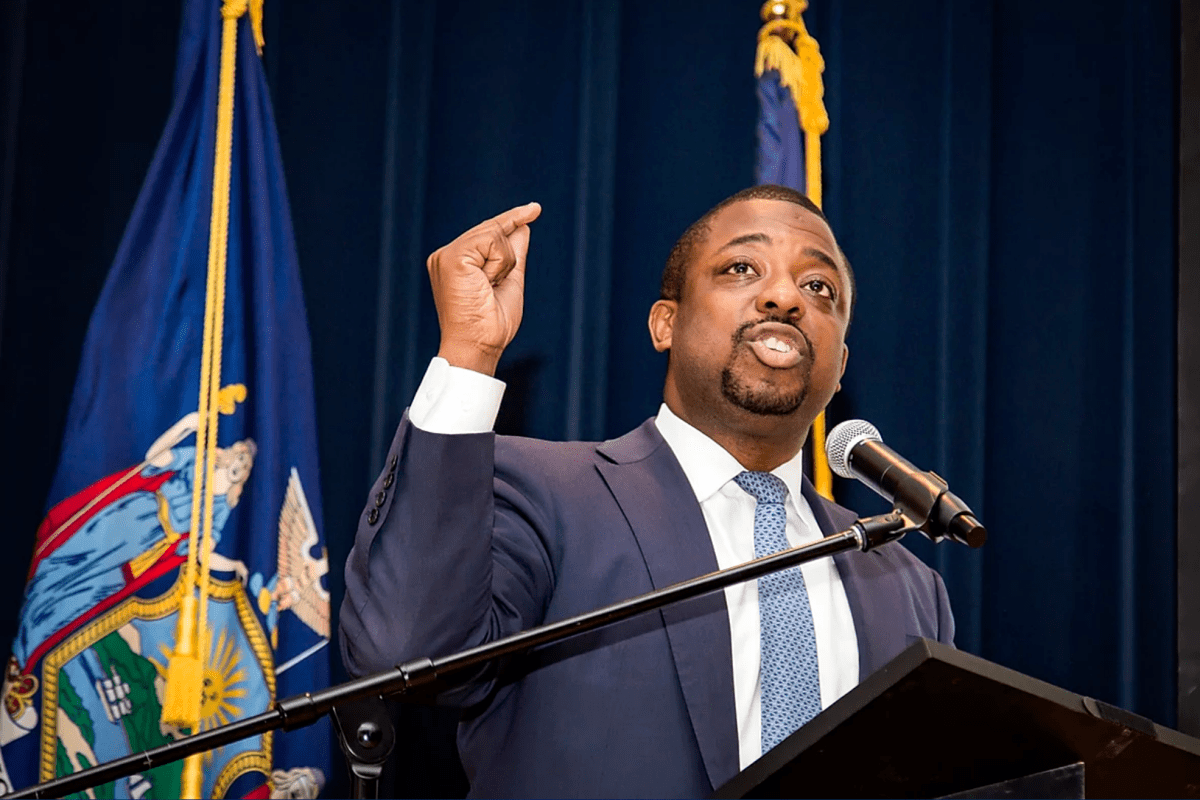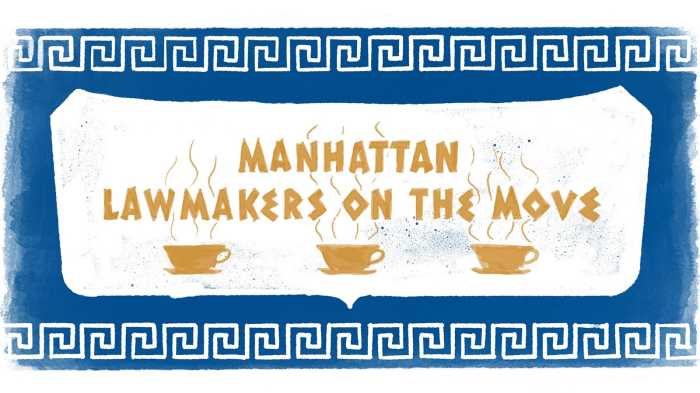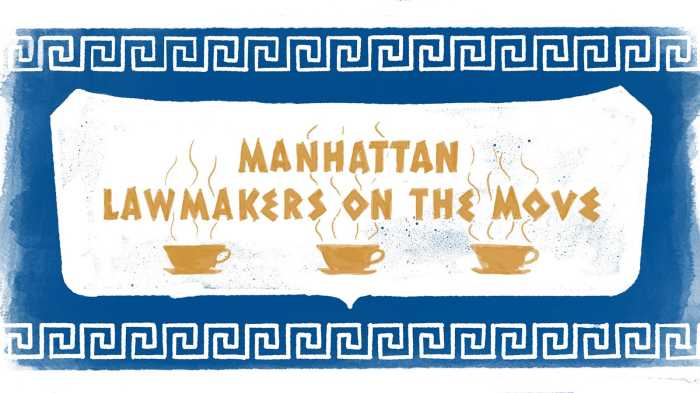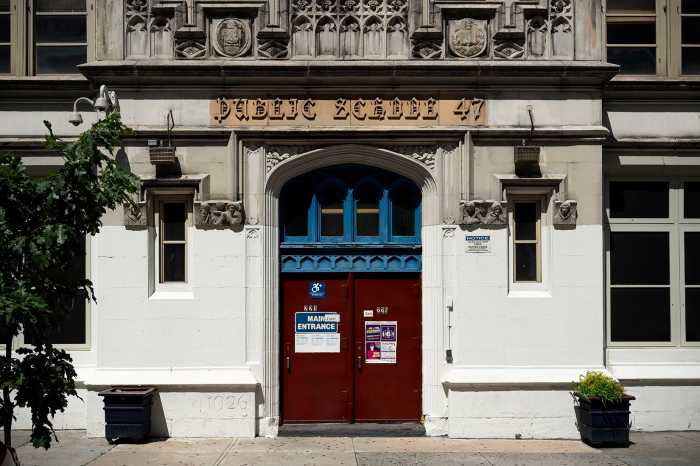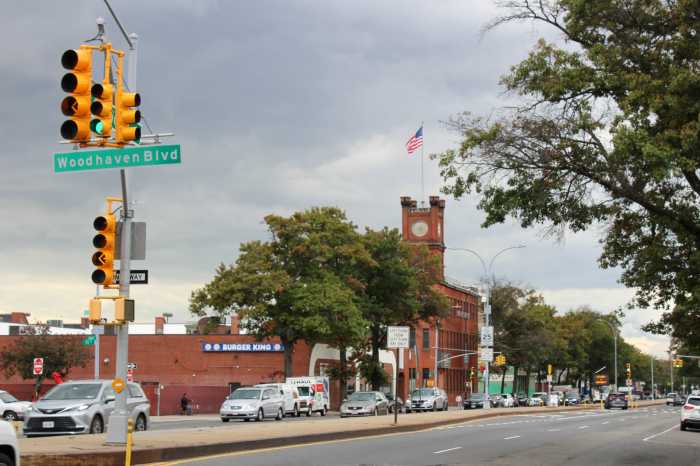State Senator Brian A. Benjamin (D-Harlem, Upper West Side) sponsored S1137A on May 22, which mandates greater data collection and quality of reporting to prevent racial profiling from law enforcement.
The bill comes after leaked NYPD statistics showed that 90% of New Yorkers arrested between March 16 and May 5 on charges related to coronavirus were black or Hispanic. 81% of those who received summonses for violating social distancing also came from the same demographics.
In a press release, Benjamin indicated that New Yorkers of color deserve better treatment, especially during the pandemic.
“Communities of color are on the front lines of the fight against COVID-19 as essential workers, and we are also dealing with a disproportionate number of deaths and infections in our neighborhoods and families,” said Benjamin. “We cannot allow our law enforcement officers to add additional stress and trauma in this time with an unfair double standard for the enforcement of social distancing rules. The bill that Assemblymember Rodneyse Bichotte (D-Brooklyn) and I have introduced will prohibit law enforcement officers from engaging in racial or ethnic profiling to help ensure we have one system of enforcement for our city and state.”
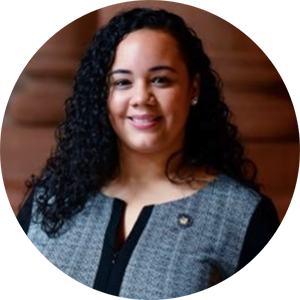
Assemblymember Carmen De La Rosa (D-Inwood, Washington Heights, Hamilton Heights) a cosponsor, agreed, adding that police usage of racial profiling is counterproductive in an already trying time.
“Our communities have been historically disproportionately impacted by racial profiling and unjust criminal justice policies,” said De La Rosa. “During this time of pandemic and loss, the last thing our communities need is excessive force and racial profiling as we work to ensure people adhere to social distancing regulations. In order to move towards a positive community-police relationship respect is paramount.

Assemblymember Linda B. Rosenthal (D-Upper West Side, Hell’s Kitchen) another cosponsor, expressed similar sentiments, stating that law enforcement must re-earn the respect of the communities most adversely impacted by racial profiling.
“We shouldn’t need legislation to prohibit law enforcement officers from engaging in illegal and unconstitutional racial and ethnic profiling, but we do,” she said. “Law enforcement must work to build a relationship of trust and collaboration with the communities they serve, and creating a public database, as outlined in Assemblymember Bichotte’s fine bill, will help to shine a much-needed light on law enforcement and reconstruct that relationship of trust.”
Bichotte hopes that the constitution is on her and Benjamin’s side, citing Floyd et al. v. City of New York, et al., a 2013 federal ruling that the NYPD’s racial profiling practices were illegal.
“There is a long history of racial discrimination in America,” she said. “In terms of the Constitution, we won in Floyd. However, the law has not trickled down through the law enforcement agencies as should have happened, and that is why we need this bill to carry out the law with directives that instill tangible measures for preventing, tracing and ending racial discrimination.”


